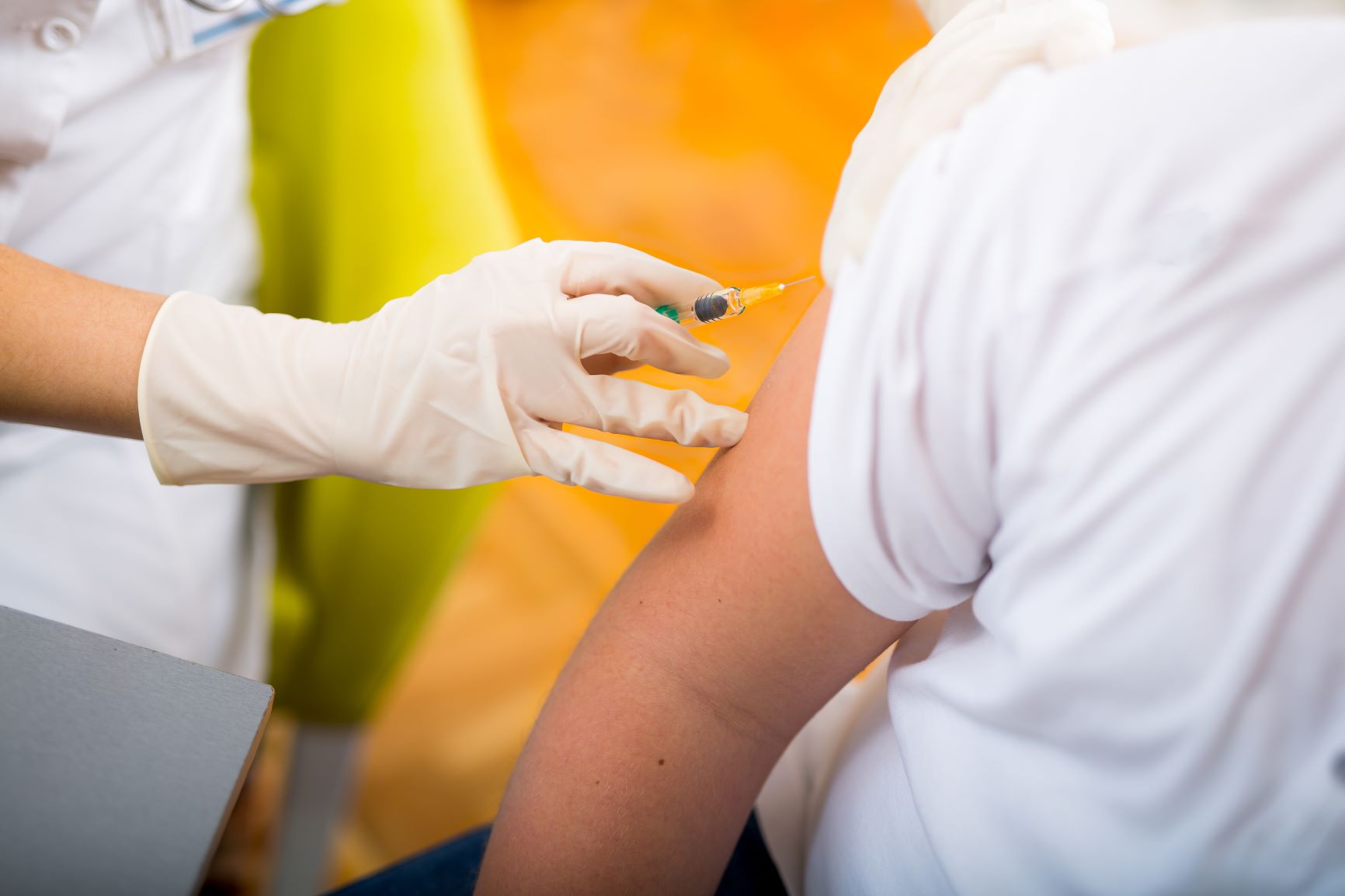Boys to benefit from HPV vaccine from September

Public Health England has announced that from September 2019, boys aged 12 and 13 will be offered the free Human Papilloma Virus (HPV) vaccine as well as girls. Estimates suggest this could prevent over 64,000 cervical cancers and nearly 50,000 non-cervical cancers by 2058.
Worldwide, about 5 per cent of all cancers are linked to the HPV virus. This includes cervical, penile, anal and genital cancers and some cancers of the head and neck – all of which the vaccine helps to protect against. Cervical cancer is currently the most common cancer in women under 35, killing around 850 women each year. HPV is thought to be responsible for over 99 per cent of cervical cancers, as well as 90 per cent of anal cancers, about 70 per cent of vaginal and vulvar cancers and more than 60 per cent of penile cancers.
There has already been a reduction in the number of cases being seen in men because of ‘herd immunity,’ according to the Royal College of Paediatrics and Child Health (RCPCH). However, this effect could be more impactful, says Dr David Elliman, Immunisation Expert at the RCPCH, if the boys were immunised directly.
“We welcome the introduction of the vaccination programme for Year 8 boys in September,” says Dr Elliman, “In time, this will lead to a significant reduction in cancers of the anus, penis and head and neck. The latter is currently increasing in incidence, but this trend will be turned around as the vaccination programme takes effect in the future.”
Girls have been offered the human papilloma virus (HPV) vaccine free from the NHS since 2008. So far, 10 million doses of HPV vaccine have been given to young women in this country meaning over 80 per cent of women aged 15 to 24 have received the vaccine.
Since the introduction of HPV vaccination, infections of some types of HPV (HPV 16/18) in 16 to 21-year-old women have reduced by 86 per cent in England. A Scottish study also showed that the vaccine has reduced pre-cancerous cervical disease in women by up to 71 per cent. Similarly, diagnoses of genital warts have declined by 90 per cent in 15 to 17-year-old girls and 70 per cent in 15 to 17-year-old boys due to the HPV vaccine.
In response to the announcement, Professor Dame Parveen Kumar, BMA board of science chair, welcomed the announcement, saying: “it will undoubtedly reduce the risk of young men contracting cancers linked to the virus in adult life.”
“Given the growing body of evidence that HPV is also responsible for a range of cancers that can affect men, this is a very important step,” she added.
The RCGP also welcomed the announcement, with College President, Professor Helen Stokes-Lampard, commenting: “There is very strong evidence that shows the HPV vaccine can protect people from a virus that can trigger a wide range of cancers that affect both men and women, so it is vital that as many eligible boys and girls as possible get inoculated.”
Both the BMA and RCGP had previously campaigned for HPV vaccines being available for boys and encourage parents to get their children vaccinated.
